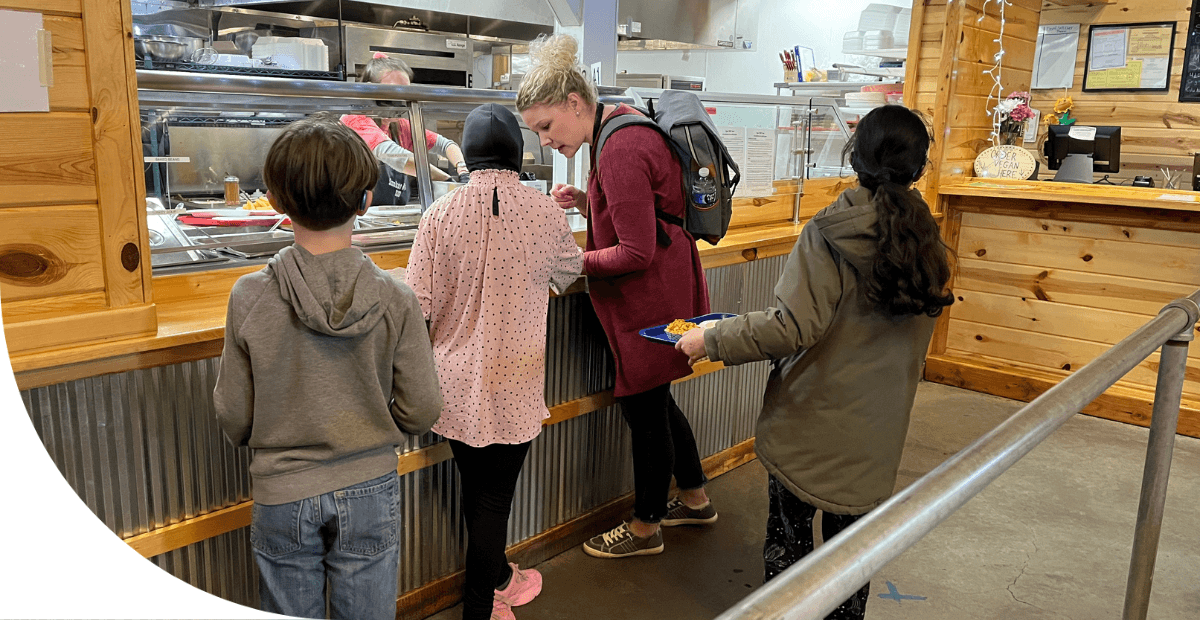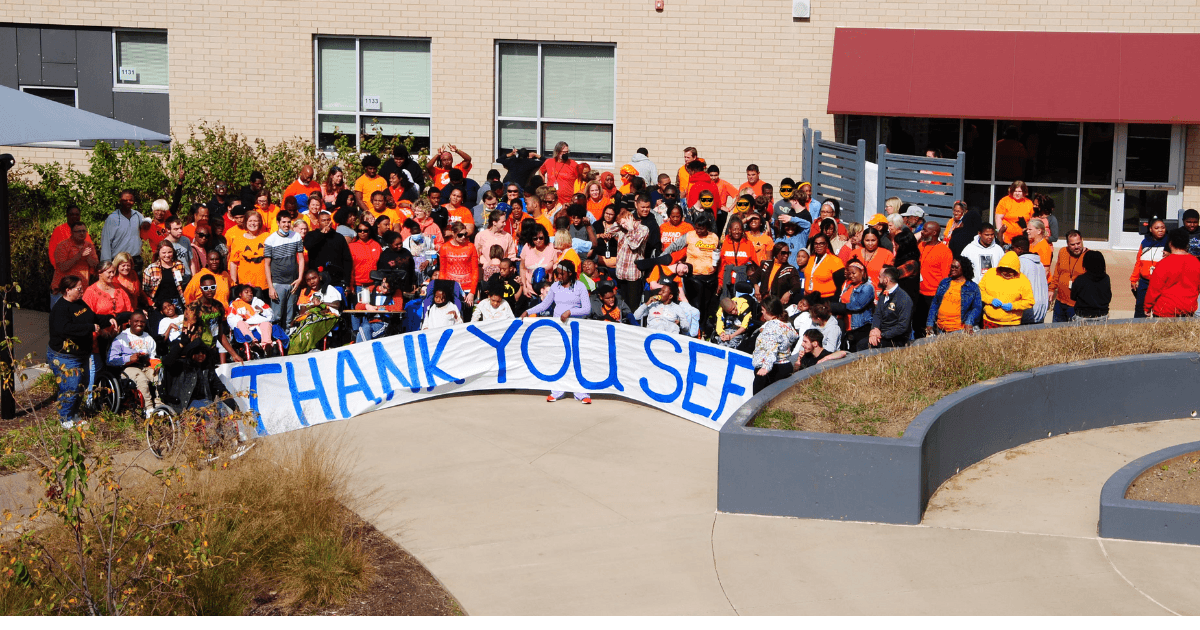
Teachers of children with disabilities often have the best insights into effective teaching methods, but financial limitations can prevent them from fully implementing their ideas. Since 2002, the Special Education Foundation (SEF) has addressed this issue through its Classroom Innovation Grants program, offering financial support where public funds fall short.
The SEF focuses on funding projects that are creative and replicable, but it does not cover expenses typically funded by public resources, such as books, transportation, or staff development.
Teachers are required to submit a report on their project’s outcomes the following year.
Helpful Tips for Applying for a Classroom Innovation Grant
Project Title: Be creative but clear about the project's purpose.
Students' Educational Diagnosis: Provide specific data to help SEF find relevant funding.
Project Category: Only select a category if it’s the main focus. For example, don’t mark “Technology” just because you need an iPad; the iPad should support, not define, the project.
Project Description: Explain why the project is needed and how it enhances students' experiences beyond standard IEP goals. Clarify that funding was unavailable from other sources.
Itemized Budget: List each item, its quantity, and price. This shows thoughtful planning.
Total Request: The total must match the itemized budget. Use SSD’s tax-exempt status for purchases. Grants can't exceed $1,500.
Partial Funding: If you accept partial funding, ensure the project can still succeed with a reduced amount.
Preparation: Describe the groundwork already completed, including discussions with supervisors or others.
Evaluation: Detail a simple evaluation process focused on student feedback and project success, avoiding reliance on IEP goals.
Research Support: Include clear, research-based reasoning to show the project’s value. Don’t rely on links—summarize your findings.
Previous Recipients: If you’ve received a grant before, you must have submit the required Feedback Form to be eligible the following year.
Coordinator or Principal Approval: Ensure your special education coordinator or principal supports your project and is aware of the funding request.
Visit the SEF website for more details on the above helpful hints for applying to ensure your application provides the specifics needed to get your application approved.
Classroom Innovation Grants empower teachers to create and implement innovative projects that enrich the learning experiences of students with disabilities. The impact extends beyond the classroom, as successful projects often serve as models that can be replicated in other educational settings.
By providing this support, the SEF helps ensure that special education teachers can turn their innovative ideas into reality, benefiting both their students and the broader educational community. Applications are being accepted through December 13, 2024. Grants funded will apply for the 2025-2026 school year.
Questions? Contact SEF Program & Communications Manager Shannon Benedek at shannon@sef-stl.org or 314.394.7036.

